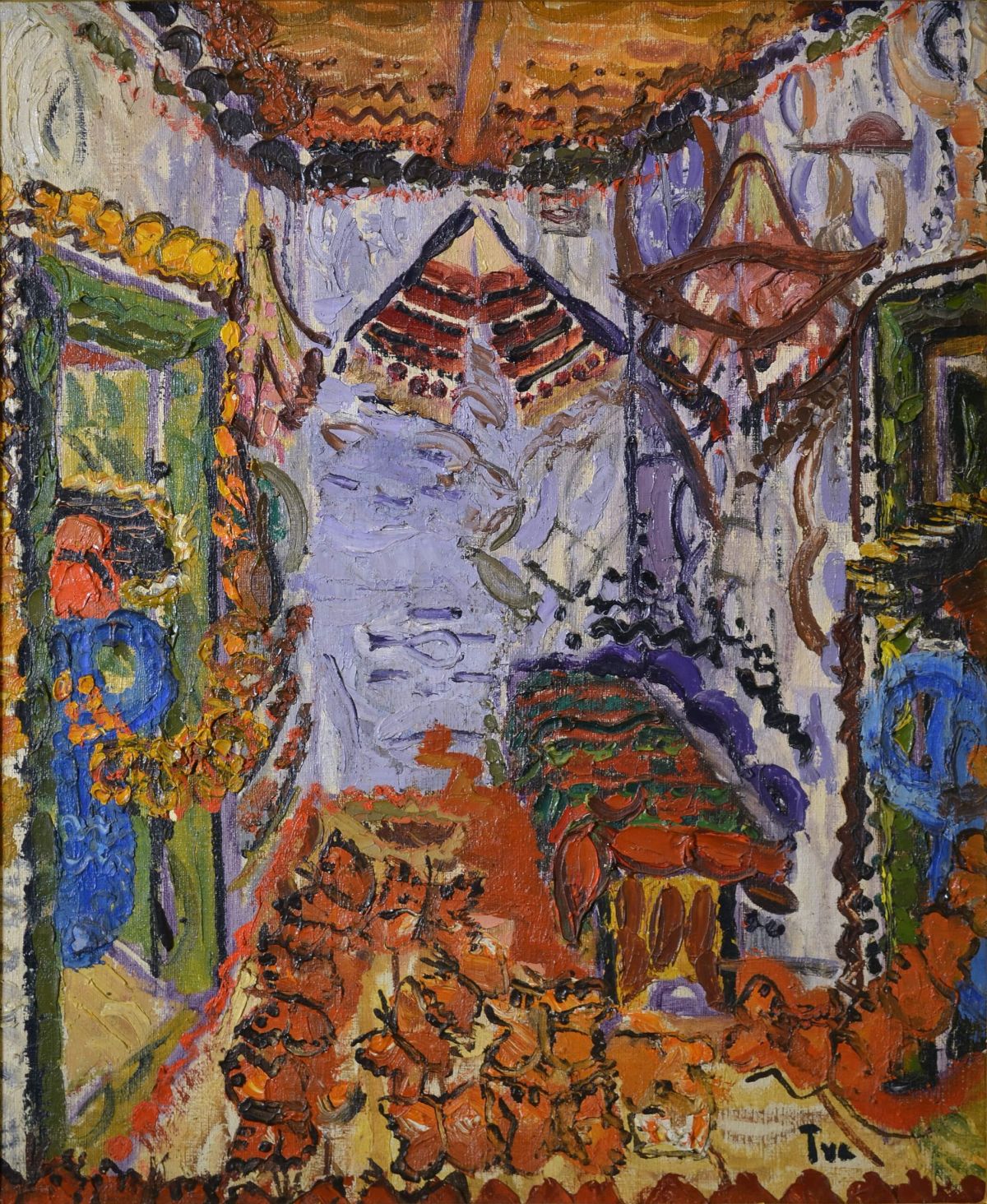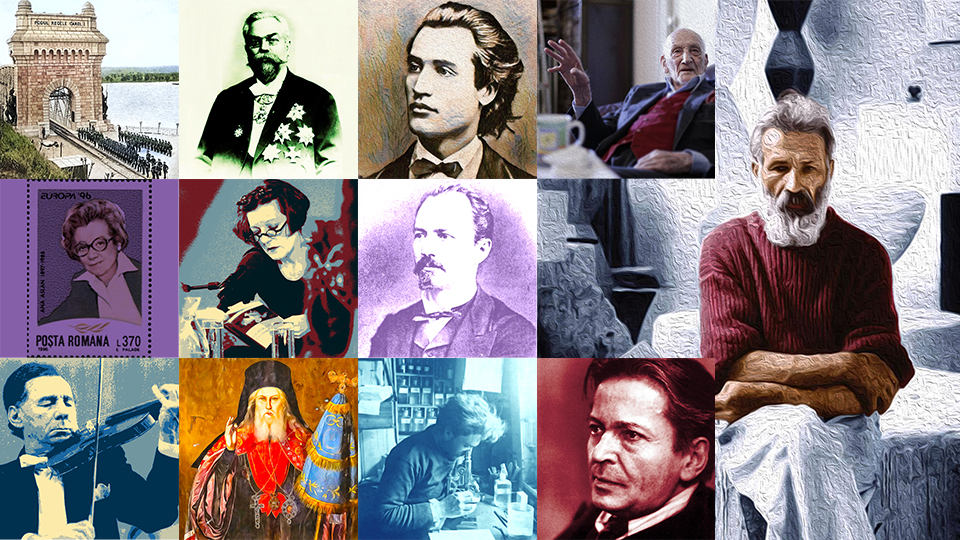Writer Max Blecher
The personality and work of Max Blecher

Christine Leșcu, 15.04.2017, 12:13
Rediscovered quite recently by literary critics and readers, writer
Max Blecher holds pride of place thanks to the value of his work. Born in
September 1909 in Roman (northeastern Romania), Blecher had a tragic destiny.
At only 19 he was diagnosed with bone tuberculosis called Pott’s disease. As a
consequence of this incurable disease, the writer was bedridden for the rest of
his life, which ended in 1938 when he was only 29. The experience of his life,
spent mostly in sanatoriums in the country and abroad appears in the novels
published during his lifetime such as Adventures in Immediate Irreality translated into English by
Michael Henry Heim in 2015 and Scarred Hearts as well as in posthumous works
such as The Lit-Up Burrow: Sanatorium Journal.
The name of Max Blecher was well known in the
literary societies of the time. He made his debut in 1930 in the publication
entitled Bilete de Papagal led by poet Tudor Arghezi. His writing was
associated with the avant-garde movement. Although bedridden due to his
disease, and sometimes at hundreds of kilometers away from Romania, Max Blecher published a lot of books, both poetry and prose, and was
in touch with many Romanian and foreign cultural personalities such as Geo
Bogza, Ilarie Voronca and Saşa Pană, and the French Andre Breton and Andre Gide.
His suffering, which his readers were aware of, marked the way in which his
books were perceived. Today many questions have arisen related to the extent to
which Blecher’s tragic destiny influenced the perception of his works by
critics and writers alike, the extent to which his writings are only
autobiographical or are more than that. University lecturer Doris Mironescu is
the author of the book The life of Max Blecher. Against Biography in which he
tries to offer some answers.
Doris Mironescu: Blecher’s books are partly autobiographical, they are
journals he kept inside and outside sanatoriums. But this autobiographical side
has been changed a lot and turned into something else. To a certain extent
there is some emotional identification with the author, and this could somehow
influence a reader’s choice. But that is not enough. Identification with an
author cannot replace the value of a work. The biographical story could help an
author, to a certain extent, in the sense that it could attract readers from
all epochs on his or her side. This is what happened to Max Blecher. The
critics in the inter-war period who wrote in favor of Blecher had the
impression that they did an act of justice. The same happened in the 1970s,
when Blecher’s works were re-published.
Romanian critics are trying to recuperate Blecher. They are all trying
to save Blecher from the aggression of oblivion in which his works had fallen
for about 30 years and which had deprived the Romanian literature of a great
writer.
The main characters in Max Blecher’s books, which appear as alter
egos of the author, seem to perceive reality from the perspective of illness,
but that perception is not corrupted by pathology. On the contrary, it is
extremely original and independent of the author’s disease. Blecher, like
Emanuel, the character in his book Scarred
Hearts loves life in spite of his illness, says Marieva Ionescu, one of the
recent editors of Blecher’s work.
Marieva Ionescu: The narrator’s perspective in
Blecher’s novels is very minute. He sees everything through a poet’s eye. Emanuel, the character in the book ‘Scarred Hearts’ is very attentive to everything that happens
around him: objects, people, his own body, his sensations, or nature. At first,
he looks at the sanatorium world from the perspective of a stranger, then he
slowly starts to identify himself with the other patients.
Max Blecher also tried to get involved in the
social and political issues of his time, to the extent his illness allowed it., as University lecturerDoris Mironescu told us:
Blecher participated in the
political life of his time. This aspect is present to a lesser extent in his
books, but you can find it in his correspondence or the articles published in
various magazines. The new information that appeared about Blecher is quite
vast and it gives us a slightly corrected image of him, maybe less pure than we
wanted to believe. Blecher was a man of his epoch.
The involvement of Max Blecher in his epoch’s
problems was dramatized into a film directed by Radu Jude in 2016, a film that
was inspired by his book Scarred Hearts. Foreign readers can read Max
Blecher’s books in their English, French, Italian and Polish translations.






























